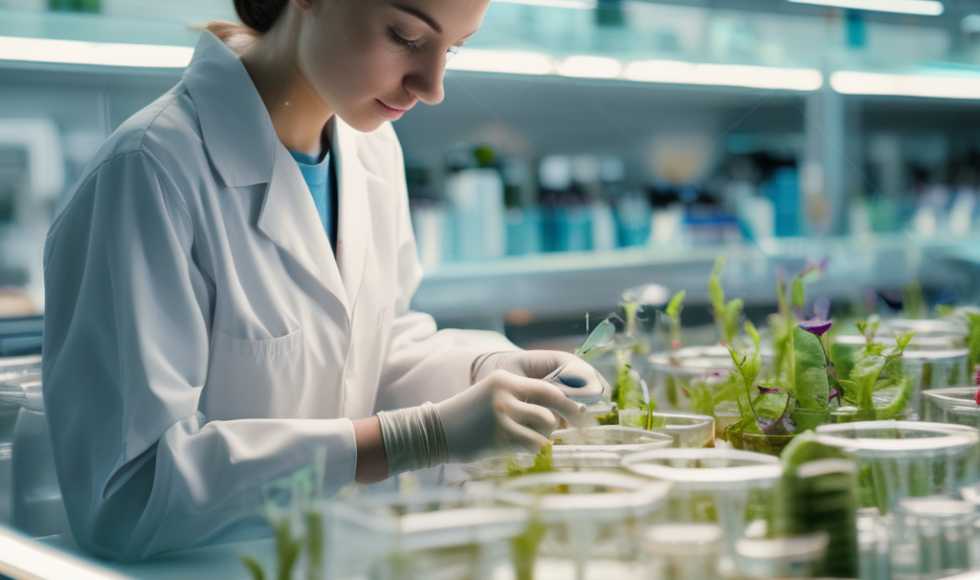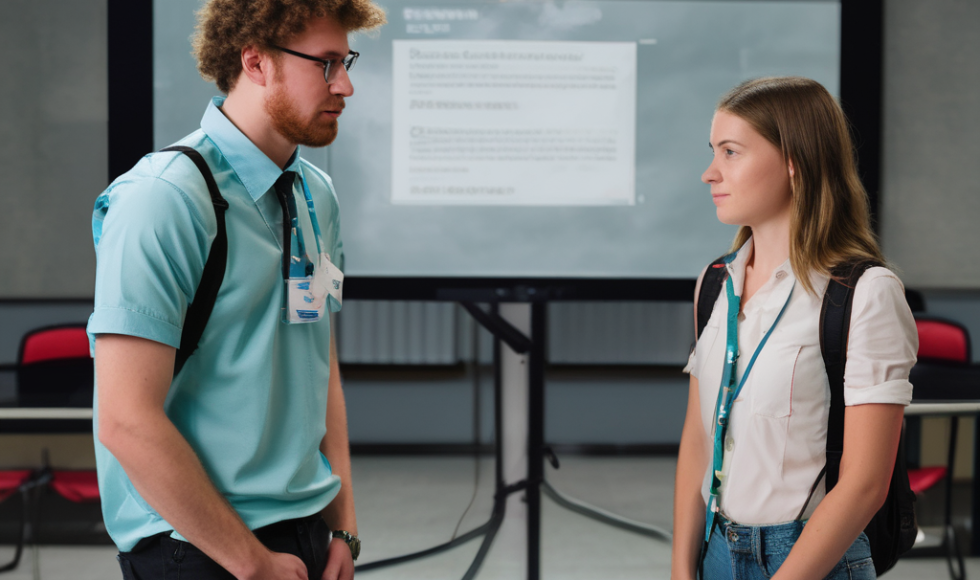Michael Nakai from the Peter MacCallum Cancer Centre in Australia spoke at London Calling 2024. The session title was “Isopod: detecting differential isoform usage from long-read single-cell data.” Nakai is a Ph.D. candidate and explained why we are interested in isoforms and splicing events. With long-read sequencing, information about splicing and different isoforms can be […]
We had a productive and fun day working in Minneapolis on the PALM and Vision and Change project! I am glad I was able to come here and work with friends. Tonight, I watched the London Calling 2024 session “Plant T2T genome assembly using ultra-long and adaptive nanopore sequencing” by Bosheng Li from the Institute […]
I had heard about the work from the Iolani School during one of the Nanopore Education Beta group meetings. Tonight, I watched Ethan C. Hill, a bioinformatician with the Iolani School, and Jaymie M. Frith, a 12th-year student, present at London Calling 2024. Their session was titled “Genome science in high-school classrooms: inflammation, glutamate and […]
Katharina Wolff from TU Braunschweig, Germany, presented a five-minute session at London Calling 2024 titled “Empowering scientists with data literacy skills in long-read genomic sequencing.” Wolff spoke about the variety of plants around us and empowering students to learn about plant diversity. They wanted to address the increasing availability of data and lack of data […]
Hanlee Ji from Stanford University presented at London Calling 2024 on “Genomic sequencing for characterizing tumor minimal residual disease versus early cancer.” Ji spoke about apoptosis and circulating tumor DNA. Ji and the team evaluated the recurrence of metastatic colorectal cancer with circulating DNA monitoring. Early detection of breast cancer can benefit from nanopore sequencing […]
Tom Walsh from the University of Washington in the USA spoke at London Calling about “Discovery of deeply intronic damaging mutations with nanopore sequencing.” Walsh explained that in the 1990s, genetic testing for predisposition to breast cancer began. In the 200s, additional cancer-risk genes were discovered. Now, there are numerous panels and ten genes for […]
It was great to see Lauren Lui from the Lawrence Berkley National Laboratory present at London Calling 2024 on “An unprecedented metagenomic landscape of European and North American coastal samples.” Lui is a research scientist and, while at Miten Jain’s lab at Northeastern University, loaded 34 PromethION flow cells, generating 5 Tbases of data! Lui […]
Mike Clark from The University of Melbourne in Australia presented at London Calling 2024 on “Igniting single-cell analysis of full-length RNA isoforms in brain development.” Clark works on RNA isoforms and developing single-cell analysis methods. They noted that almost all human genes express multiple RNA isoforms. Clark emphasized that alternative splicing modifies which exons are […]
Today, I watched another London Calling 2024 studio interview. Zoe McDougall interviewed three speakers. Tom Walsh from the University of Washington spoke about how long reads are important to determine intronic mutations. The full locus of BRCA1 is over 100 kb, and intronic mutations can occur with significant implications. Mike Clark from the University of […]
Tonight, I started watching sessions from London Calling 2024! Rea Kobialka from the Institute of Animal Hygiene and Veterinary Public Health in Germany presented a session entitled “Mobile lab for rapid detection of pathogens in wastewater in sub-Saharan Africa.” They emphasized the importance of surveillance. The research team developed a portable suitcase mobile lab. The […]











